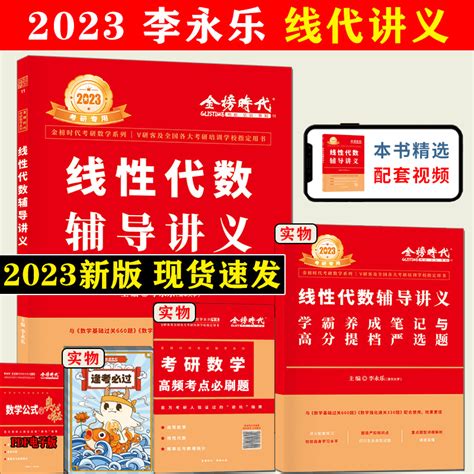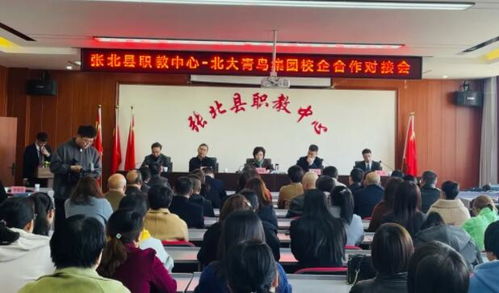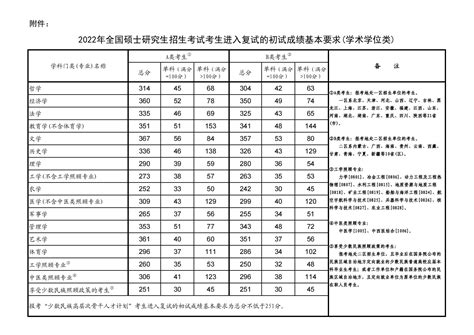Title: Strategies for Preparing for the English Proficiency Exam (Part 2) Oil Painting Major at Anhui Normal University
Introduction:
Preparing for the English Proficiency Exam (English II) for the Oil Painting major at Anhui Normal University requires a comprehensive approach that integrates language skills with specific knowledge related to art and oil painting. This guide outlines strategies tailored to help you excel in the exam.
Understanding the Exam Format:
The English Proficiency Exam for the Oil Painting major typically comprises listening, reading, writing, and speaking sections. Understanding the format and requirements of each section is crucial for effective preparation.
1.
Listening Section:
Practice listening to lectures, discussions, and presentations related to art and oil painting.
Familiarize yourself with artrelated vocabulary and terminology.
Take note of key ideas, details, and main points during listening exercises.
2.
Reading Section:
Read articles, essays, and academic papers on art history, painting techniques, and contemporary art.
Pay attention to the author's tone, main arguments, and supporting evidence.

Practice skimming and scanning for specific information within passages.
3.
Writing Section:
Enhance your writing skills by composing essays on topics such as art movements, famous painters, and critical analyses of artworks.
Structure your essays with clear introductions, welldeveloped body paragraphs, and concise conclusions.
Use academic language and demonstrate critical thinking in your writing.
4.
Speaking Section:
Practice speaking about various aspects of oil painting, including techniques, styles, and artistic influences.
Work on fluency, pronunciation, and articulation.
Participate in mock speaking tests to simulate exam conditions.
Integration of Art and Language Skills:
To excel in the English Proficiency Exam, it's essential to integrate your language skills with your knowledge of art and oil painting. Here's how you can achieve that:
1.
Vocabulary Building:
Create flashcards or vocabulary lists containing artrelated terms and expressions.
Practice using these terms in context through reading, writing, and speaking activities.
Review regularly to reinforce retention.
2.
ContentBased Learning:
Select reading materials and listening resources that focus on art history, art theory, and painting techniques.
Analyze artworks and discuss them in English, paying attention to stylistic elements, symbolism, and cultural significance.
Incorporate artrelated topics into your writing practice to develop your ability to express complex ideas in English.
3.
Interactive Learning:
Engage in discussions with peers and instructors about artrelated topics in English.
Participate in group activities, such as collaborative projects or presentations, that require both language proficiency and artistic knowledge.
Seek feedback on your language use and content comprehension to identify areas for improvement.
Time Management and Practice:
Effective time management and consistent practice are key to success in the English Proficiency Exam. Here are some tips to help you manage your study schedule:
1.
Create a Study Plan:
Set specific goals for each study session, focusing on different skills and content areas.
Allocate sufficient time for listening, reading, writing, and speaking practice.
Break down larger tasks, such as writing essays or preparing presentations, into smaller, manageable steps.
2.
Practice Regularly:
Dedicate time each day to English language practice, even if it's just for a short period.
Use a variety of study materials, including textbooks, online resources, and practice tests.
Track your progress and adjust your study plan accordingly based on areas of strength and weakness.
3.
Simulate Exam Conditions:
Take practice tests under timed conditions to simulate the exam environment.
Review your performance and identify strategies for improving efficiency and accuracy.
Focus on building confidence and reducing test anxiety through familiarization with the exam format.
Conclusion:
Preparing for the English Proficiency Exam (English II) for the Oil Painting major at Anhui Normal University requires a targeted approach that integrates language skills with artrelated knowledge. By understanding the exam format, integrating art and language skills, and practicing regularly, you can enhance your proficiency and confidence in English while expanding your understanding of oil painting and art history. Stay focused, stay motivated, and remember to enjoy the journey of learning and exploration. Good luck!











